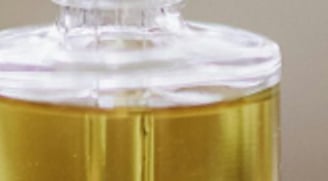Mullein & It's Medicinal Uses and Benefits
11/6/20245 min read


Final Thoughts
The mullein plant, with its plethora of medicinal uses, stands out as an extraordinary herb in the realm of natural healing. Its contributions to respiratory health, anti-inflammatory properties, and nutritional value make it an essential addition to herbal medicine cabinets. By understanding and valuing the benefits of mullein, individuals can take charge of their health using the potent gifts within nature.
Mullein: Health Benefits, Uses, and How to Make the Most of This Powerful Herb
Mullein (Verbascum thapsus) has been celebrated in herbal medicine for centuries, thanks to its wide range of health benefits and versatility. Known for its soft, woolly leaves and tall, spiky flowers, this plant has roots in traditional practices from Native American remedies to European folk medicine and can now be found in many parts of the world. Mullein is revered for its diverse medicinal properties, and its use spans various forms, including teas, tinctures, and even topical applications. In this article we are going to take a deeper dive into how and why mullein can be a beneficial addition to your wellness routine.
2. Anti-Inflammatory Properties
Mullein is rich in compounds with anti-inflammatory effects, including flavonoids and phenolic acids. These may help reduce inflammation throughout the body, offering relief from conditions like joint pain and skin irritations.
1. Mullein Tea
Mullein tea is a popular choice for respiratory issues. To make mullein tea:
- Steep 1-2 teaspoons of dried mullein leaves or flowers in hot water for 10-15 minutes.
- Strain the tea well (using a fine mesh strainer or coffee filter, as mullein leaves have small hairs that can irritate the throat).
- Drink up to three cups a day for respiratory support.
What Is Mullein?
Mullein is a biennial plant native to Europe, Asia, and parts of North Africa. Now naturalized in many regions around the world, it’s easily recognized by its tall stalk, bright yellow flowers, and broad, fuzzy leaves.
Parts of the mullein plant, including its leaves, flowers, and root, are used in various forms—such as teas, tinctures, oils, and dried powders.
Mullein tea improves lung health and reduces symptoms of respiratory illness. It has a long history of use with little to no side effects. But the challenge is finding a source that produces a pure, effective product.


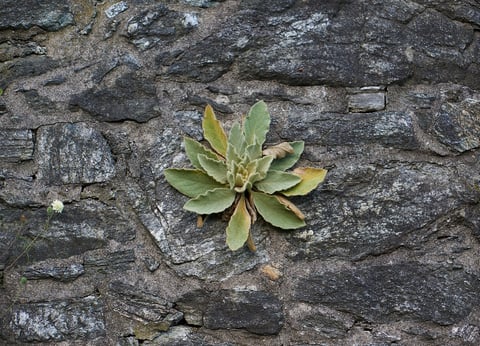

5. Skin Health
Mullein’s leaves and flowers can be applied to the skin to treat minor cuts, bruises, and burns. The anti-inflammatory properties make it a soothing option for skin irritations, such as eczema or rashes.
Mullein is also recognized for its anti-inflammatory effects, making it beneficial for treating pain and discomfort. Whether applied topically in oil or used internally through herbal preparations, these properties can help manage conditions such as arthritis, muscle pain, and even earaches. Additionally, some studies suggest that mullein may have mild analgesic effects, providing further relief for those in discomfort.
Health Benefits of Mullein
One of the most notable medicinal uses of mullein is its role in supporting respiratory health. The leaves and flowers of the plant are known to possess expectorant qualities, which help in alleviating coughs and promoting the expulsion of mucus. Individuals suffering from asthma, bronchitis, or other respiratory conditions often turn to mullein for relief. Its soothing effects can help calm the throat and reduce inflammation in the respiratory tract.
1. Respiratory Health
Mullein is best known for its effects on the respiratory system. Rich in saponins, which act as natural expectorants, mullein helps to thin mucus, making it easier to clear congestion from the lungs. Its flowers and leaves also contain something called mucilage, which coats mucous membranes inside of your respiratory tract with a film, which can reducing inflammation.
- Coughs and colds: Mullein tea or tincture is commonly used to ease coughing and soothe a sore throat.
- Bronchitis and asthma: The herb has anti-inflammatory properties that may help reduce inflammation in the airways, potentially relieving asthma symptoms.
- Pneumonia and tuberculosis: Historically, mullein has been used as a folk remedy for severe respiratory conditions, though it should never replace medical treatment. Many people smoke it for these purposes.
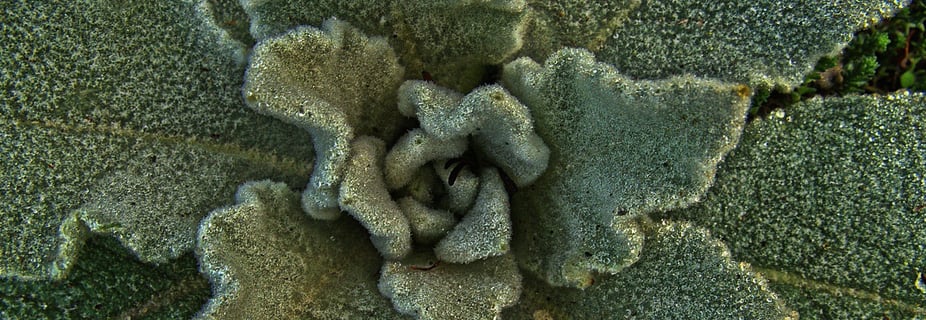

3. Mullein Oil
Mullein oil is often used for topical application and ear infections. This oil is usually created by infusing mullein flowers in a carrier oil (such as olive oil) for several weeks. It can then be strained and applied:
- For earaches: A few drops of warmed mullein oil can be placed in the ear (never apply to a ruptured eardrum).
- For skin conditions or muscle pain: Mullein oil can be massaged into the affected area to reduce inflammation and provide pain relief.
4. Poultices
Mullein leaves can be mashed or steeped and then wrapped in a cloth to create a poultice. This can be applied to sore joints, skin irritations, or minor wounds for direct relief.
5.Smoking the Leaves!
Although it may seem counter intuitive to smoke the leaves to help you breath better, mullein has been used for centuries to relieve the congestion and inflammation that occurs with respiratory issues.
Precautions and Considerations
While mullein is generally safe for most people, some may experience skin irritation or digestive discomfort, especially when using large amounts. Here are a few safety tips:
- Allergic reactions: As with any herb, there’s a chance of an allergic reaction. Test a small amount on your skin before applying it broadly.
- Throat irritation: The tiny hairs on mullein leaves can irritate the throat, so be sure to strain mullein preparations thoroughly.
- Pregnancy and nursing: There’s limited information on mullein’s safety during pregnancy and breastfeeding, so consult a healthcare provider before using it.
Popular Ways to Use Mullein

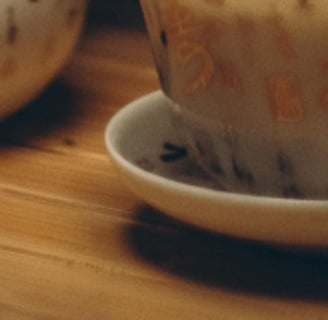
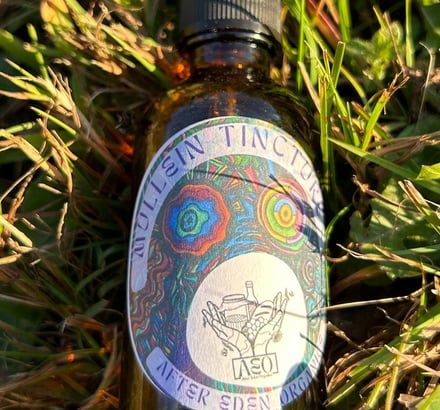

2. Mullein Tincture
Mullein tinctures are concentrated extracts that offer a more potent form of the herb.
They’re especially useful for those who don’t enjoy tea or need a more convenient option.
Dosage typically ranges from 15-30 drops up to three times daily, but it’s best to consult with an herbalist or healthcare provider.

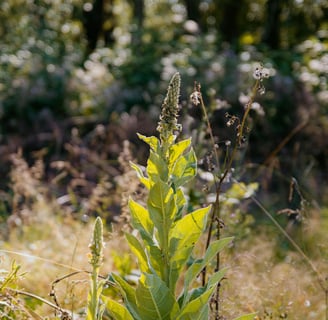
4. Pain Relief
Mullein’s anti-inflammatory and soothing properties can also help relieve pain, especially in the respiratory tract or when applied topically. Mullein oil has been used as a topical analgesic for sore muscles, joint pain, and even minor wounds.
3. Antibacterial and Antiviral Effects
Studies have shown that mullein has antibacterial and antiviral properties, making it effective against certain types of infections.
Mullein has antiseptic qualities, which means that it prevents the growth of disease-causing organisms. One study found that it was effective at fighting pneumonia, staph and E. coli bacteria.
There is other research that indicates mullein has antiviral properties, and may even slow the influenza virus. Taking mullein when you have a cold or flu may help you beat the infection faster.
It’s sometimes used as a natural remedy for ear infections, urinary tract infections, and even viral illnesses.
Mullein oil, in particular, is popular as a natural earache remedy.

